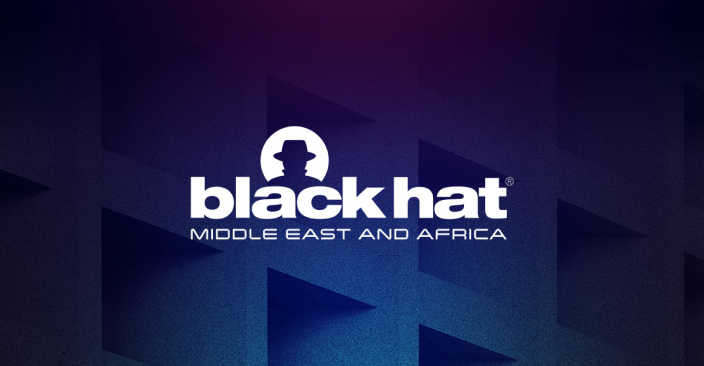The web browser used to be simple. It opened pages, loaded links, and gave you a blank field to ask the internet a question. For decades, that small white box defined how people found news, products and each other. Now it’s starting to vanish behind the thing it helped create. A new generation of AI native browsers including OpenAI’s Atlas, Perplexity’s Comet and Arc from The Browser Company is rewriting what it means to go online. They don’t show you the web anymore. They read it, summarise it, and increasingly decide what you need to know.
It’s a small shift that changes everything. For most of the internet’s life, discovery was active. You searched, clicked, compared. Each page was an endpoint, a destination where publishers fought for attention and advertisers bought slivers of it. AI browsers invert that logic. Atlas integrates ChatGPT directly into the browsing window; Comet runs its own language model in a sidebar that quietly interprets whatever you’re reading. Ask either of them to explain something, Vision 2030, the Gulf’s AI spending, or the latest Tesla results, and they’ll deliver a crisp summary with sources, tone and conclusions. The messy sprawl of the web collapses into a few clean paragraphs. Users save time. The open internet loses its heartbeat.
That shift comes with familiar casualties. The Reuters Institute’s 2025 Digital News Report found that more than 40 percent of younger readers now rely on AI summaries for their news. Page views are falling across smaller publishers as search referrals decline and attention migrates to AI interfaces. For media in the Gulf, which depends heavily on Google’s search ecosystem and social platforms, the change is particularly brutal. Arabic language outlets built to serve regional audiences risk disappearing from the surface web altogether as AI tools trained on English sources replace them in the information chain. The irony is that these new browsers depend on that content to exist. They scrape, learn and summarise it, yet they may end up erasing the ecosystem that created it.
The economics are unravelling in slow motion. AI browsers promise speed and simplicity, but they also centralise power. If users no longer visit websites, who measures engagement and who gets paid? When an AI agent summarises a Financial Times investigation or a local Zawya report, ownership of that work becomes abstract. In the West, media groups are already negotiating licensing deals or threatening lawsuits against AI developers. In MENA, where digital media businesses are younger and less legally armoured, the issue is only beginning to surface. A few regional publishers have started exploring structured data licensing models, offering paid access to their archives in machine readable form. Others are looking to governments to define where fair use ends and extraction begins.
Privacy, long a selling point for browsers, is becoming more opaque as intelligence moves into the interface itself. OpenAI says Atlas will not use browsing data to train models. Perplexity says it retains only minimal user information. But when the browser becomes an AI assistant, user intent, what you search, what you highlight, how you phrase a question, becomes data too. Regulators in Riyadh and Abu Dhabi are already rewriting frameworks under the Saudi Data and AI Authority and the UAE Data Office to account for autonomous systems that process personal information in real time. The speed of regulation, as always, trails innovation.
Language adds another layer of asymmetry. Most large AI models were trained predominantly in English, with limited exposure to Arabic or regional dialects. That creates bias not just in translation but in what information appears relevant. A browser that understands the web only in English can’t truly represent it. Without Arabic language data sets, the region’s digital identity risks being flattened into a global average, accurate enough to be credible, too narrow to be complete.
Governments see both the risk and the opportunity. Saudi Arabia’s National Data Bank and the UAE’s Artificial Intelligence Office are investing in sovereign data infrastructure designed to anchor local AI models. If the region can train its own language systems and build locally governed browsers, it could avoid the next wave of digital dependency. Several startups in Dubai and Riyadh are already working on retrieval based systems that connect AI tools directly to licensed Arabic content. The business model flips the old web on its head. Instead of selling attention through ads, publishers sell context through APIs.
The first browser wars were fought over speed and design. The next one is about control. As AI begins to mediate everything users see and read, the browser stops being a window and becomes a filter. The web won’t disappear. It will just move behind the curtain, whispering its answers through a voice that no longer sounds entirely human.






